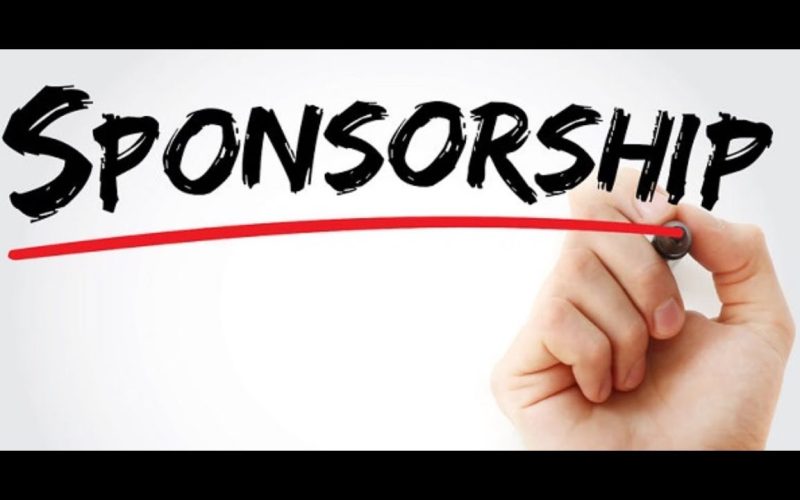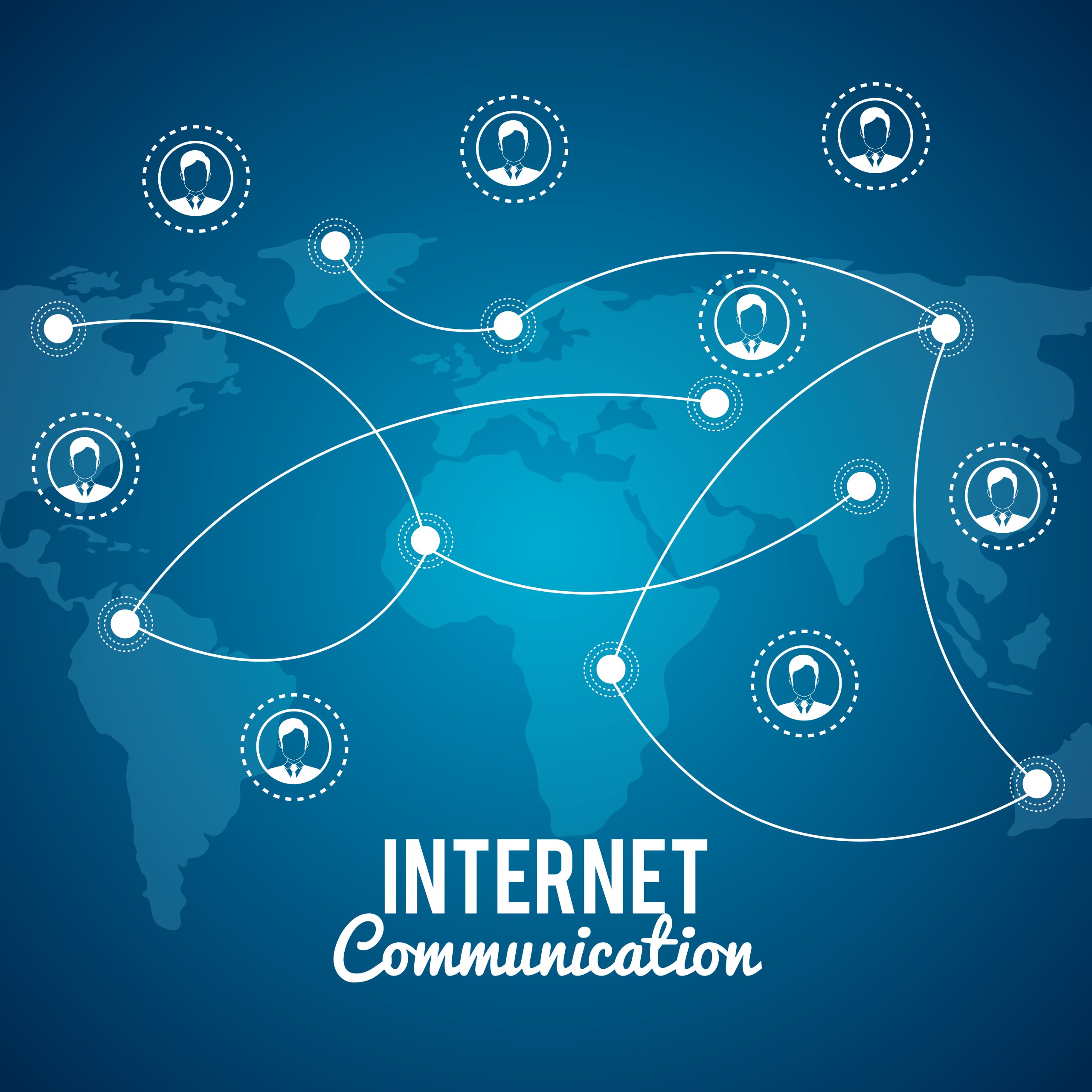In the competitive world of live music, securing sponsorships can be a game-changer for concert organizers. Concert sponsorship not only provides essential funding but also adds value to the event through brand partnerships. This article will guide you through the strategies and steps necessary to successfully secure sponsorships for your concert, ensuring a win-win situation for both the organizers and sponsors.
1. Understanding the Importance of Concert Sponsorship
Before diving into the specifics of securing sponsorships, it’s crucial to understand why they are important:
a. Financial Support
Sponsorships can significantly offset event costs, including venue rental, artist fees, and marketing expenses. This financial backing allows for a higher quality production without solely relying on ticket sales.
b. Increased Visibility
Incorporating sponsors into your concert can enhance visibility for both your event and the sponsoring brand. A well-promoted partnership can attract more attendees and generate buzz around the event.
c. Credibility and Trust
Associating with reputable brands can lend credibility to your concert. Attendees may be more likely to trust and attend an event that has well-known sponsors backing it.
2. Identifying Potential Sponsors
The first step in securing concert sponsorship is identifying potential sponsors who align with your event and audience.
a. Research Brands
Look for brands that have sponsored similar events in the past. Research their target demographics to ensure they align with your audience. Common sponsors for concerts include beverage companies, local businesses, and music-related brands.
b. Consider Local vs. National Brands
While national brands may have larger budgets, local companies often seek opportunities to engage with their community. Don’t overlook the potential of local sponsors who may be eager to support local events.
c. Create a Target List
Compile a list of potential sponsors along with key contact information. This will streamline your outreach efforts and help you stay organized.
3. Develop a Sponsorship Proposal
Once you’ve identified potential sponsors, the next step is to develop a compelling sponsorship proposal.
a. Outline the Benefits
Clearly articulate the benefits of sponsoring your concert. This can include:
- Brand Exposure: Highlight how the sponsor’s logo will be displayed on promotional materials, signage, and merchandise.
- Engagement Opportunities: Describe how the sponsor can engage with attendees through interactive booths, product samples, or giveaways.
- Media Coverage: If applicable, mention any media partnerships that will cover the event and the sponsor’s involvement.
b. Create Different Sponsorship Levels
Offer various sponsorship tiers to accommodate different budgets. For example:
- Title Sponsor: The highest level with maximum visibility and benefits.
- Gold/Silver/Bronze Sponsors: Mid-tier options with varying levels of exposure and engagement opportunities.
c. Include Metrics and Data
If you’ve organized concerts before, include data from previous events. Metrics such as attendance numbers, social media engagement, and media coverage can provide potential sponsors with a clearer picture of the value they would receive.
4. Crafting Your Outreach Strategy
With your proposal ready, it’s time to reach out to potential sponsors. Here are some strategies to consider:
a. Personalize Your Approach
Tailor your outreach to each potential sponsor. Mention why you believe their brand aligns well with your concert and how they can benefit from the partnership.
b. Use Multiple Channels
Don’t limit your outreach to just email. Utilize social media, phone calls, and networking events to connect with potential sponsors. A multi-channel approach increases your chances of getting noticed.
c. Follow Up
If you don’t receive a response after your initial outreach, don’t hesitate to follow up. A polite reminder can keep your proposal top-of-mind and demonstrate your commitment.
5. Building Relationships
Securing concert sponsorship is not just about the initial deal; it’s about building lasting relationships with sponsors.
a. Communicate Regularly
Keep sponsors updated on event planning progress and any changes that may affect their involvement. Open lines of communication can help build trust and show that you value their partnership.
b. Provide Opportunities for Engagement
Find ways for sponsors to engage with attendees before, during, and after the concert. This can include social media shout-outs, contests, or branded experiences at the event.
c. Gather Feedback
After the concert, solicit feedback from sponsors. Understanding their experience can help improve future partnerships and demonstrate your commitment to their success.
6. Delivering Value During the Concert
Ensuring that sponsors receive the value they were promised during the concert is crucial for securing future partnerships.
a. Implement the Sponsorship Agreement
Ensure that all elements of the sponsorship agreement are fulfilled. This includes logo placements, promotional mentions, and any specific engagement activities promised.
b. Capture Engagement Metrics
During the concert, capture metrics related to sponsor engagement. Take note of how many people interacted with sponsor booths, shared social media posts, or participated in contests. This data can be invaluable for post-event reporting.
c. Create an Engaging Atmosphere
Help sponsors create memorable experiences for attendees by providing engaging activities or contests. This not only enhances the concert experience but also leaves a lasting impression of the sponsor’s brand.
7. Post-Event Follow-Up
After the concert, the relationship with your sponsors should continue.
a. Send Thank-You Notes
Express gratitude to your sponsors for their support. A personalized thank-you note can go a long way in building rapport.
b. Provide a Recap Report
Compile a detailed report that outlines the success of the event, including attendance figures, engagement metrics, and media coverage. Include how the sponsors’ contributions made a difference. This transparency helps build trust and credibility.
c. Discuss Future Opportunities
If the concert was successful, discuss potential future sponsorship opportunities with your sponsors. This can lead to long-term partnerships that benefit both parties.
Conclusion
Securing concert sponsorship successfully requires a strategic approach that involves research, relationship-building, and delivering value. By identifying potential sponsors, crafting compelling proposals, and maintaining open communication, you can create mutually beneficial partnerships that enhance your concert and provide valuable support to your sponsors. Remember, the goal is not just to secure funding but to foster long-lasting relationships that can lead to future collaborations. With the right strategies in place, you can elevate your concert experience while maximizing revenue through sponsorships.









